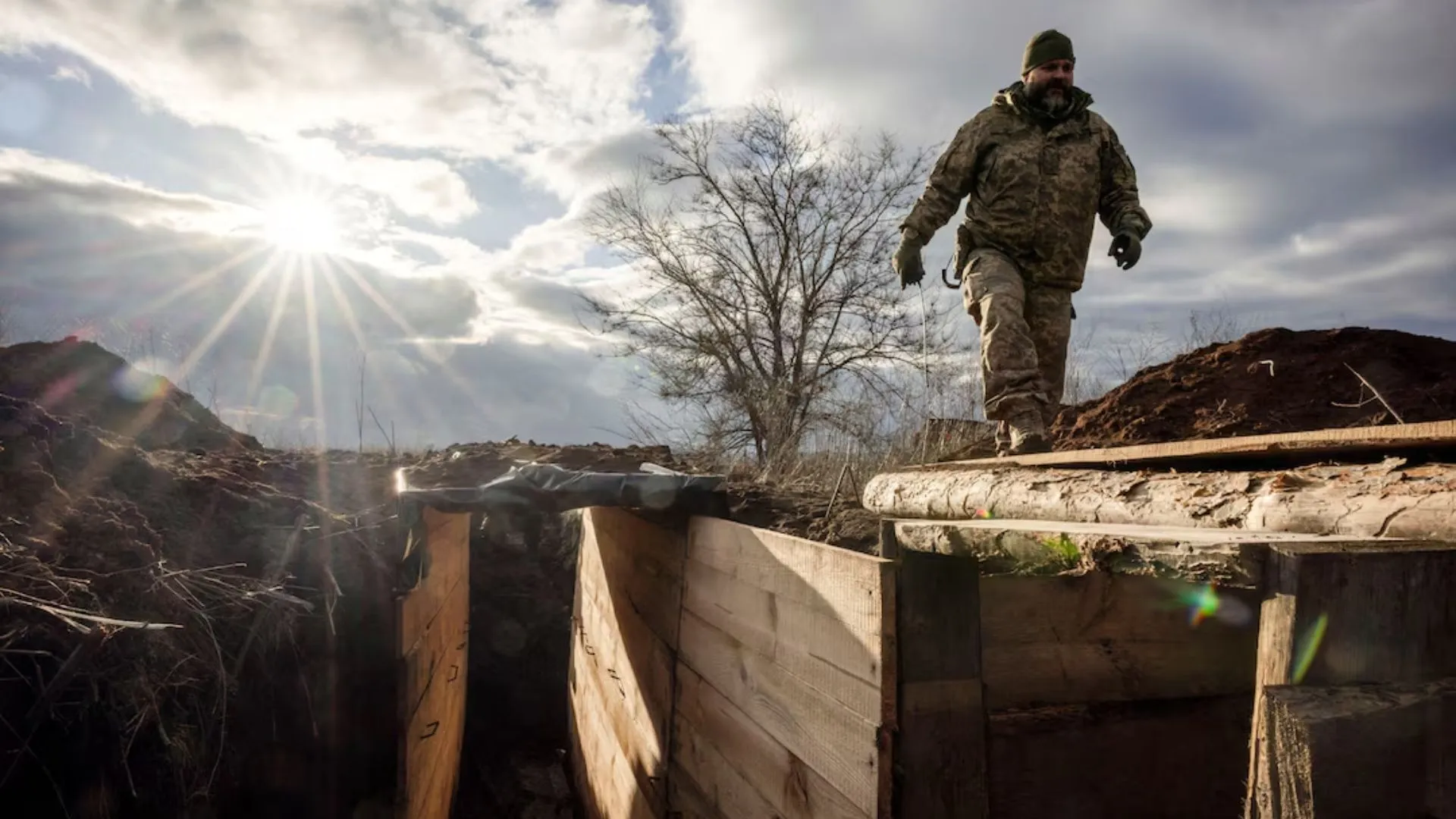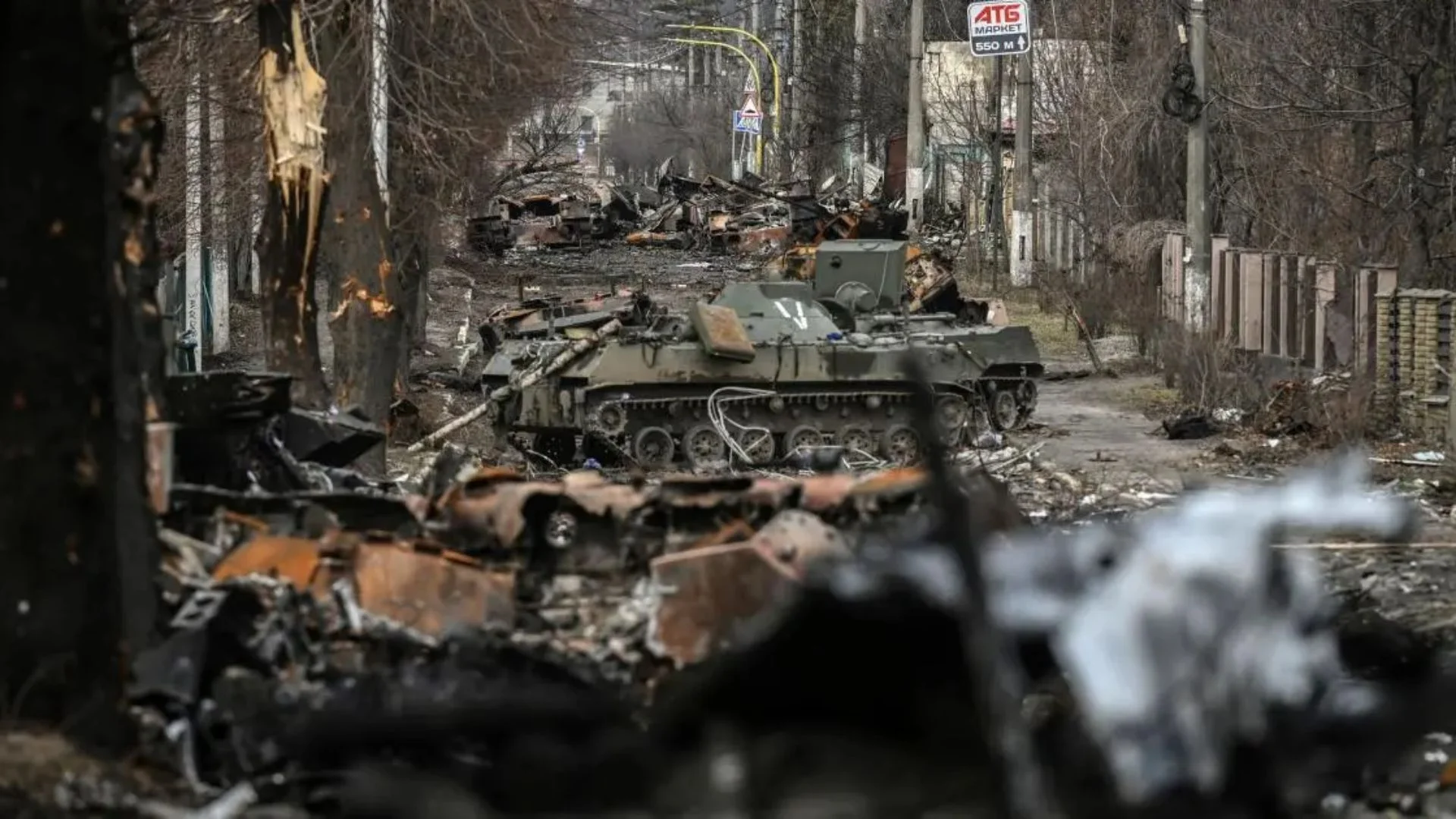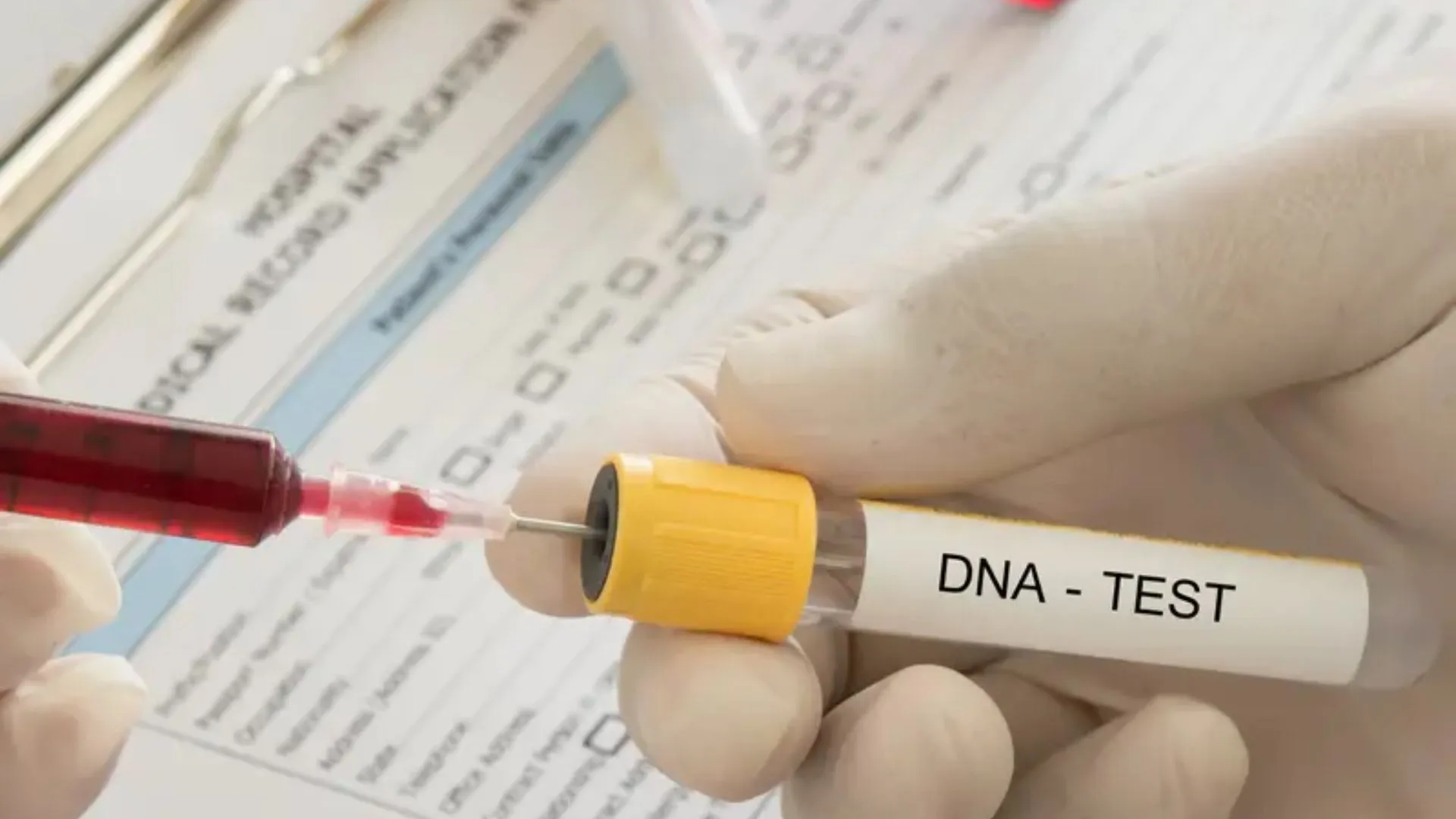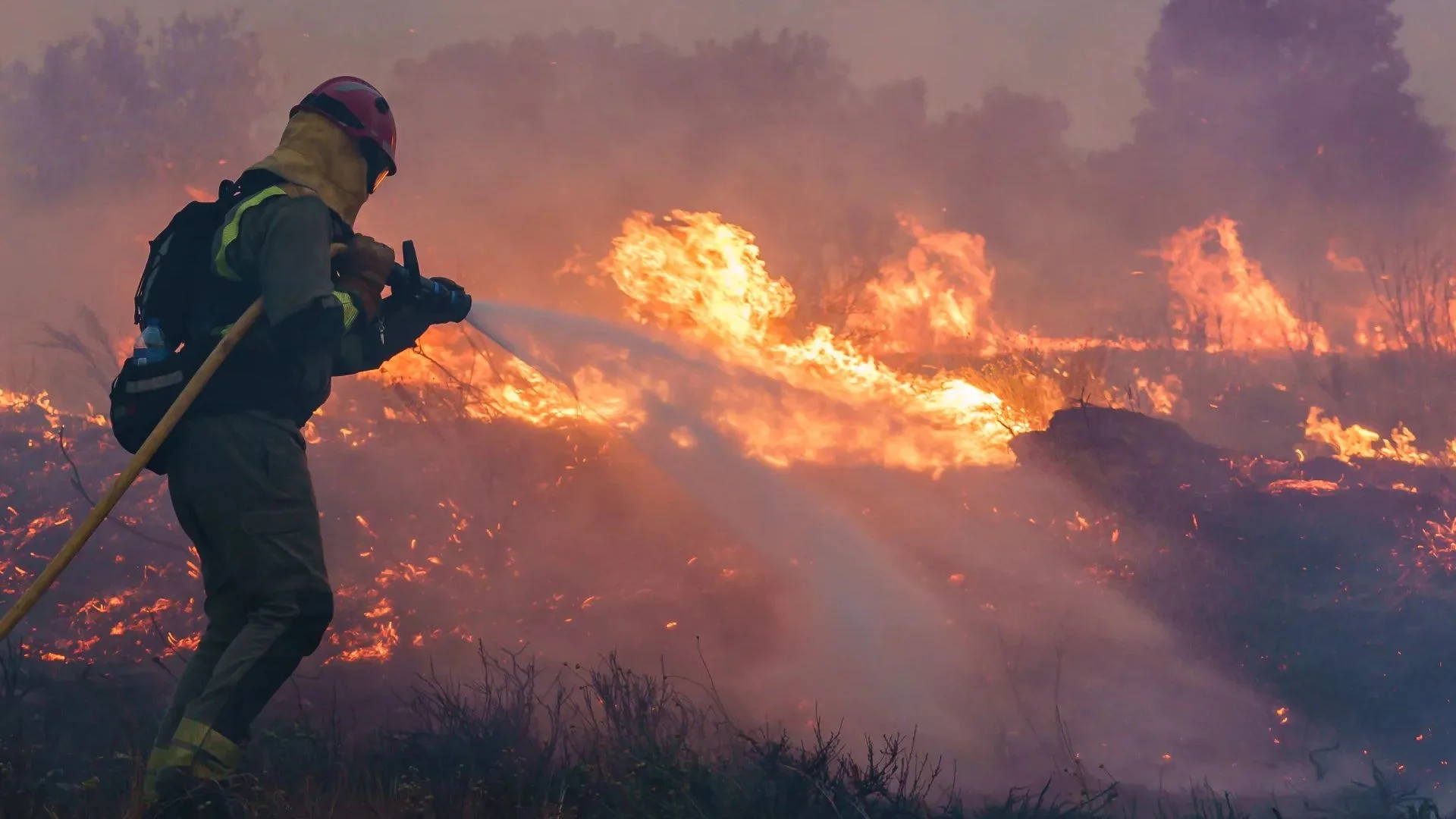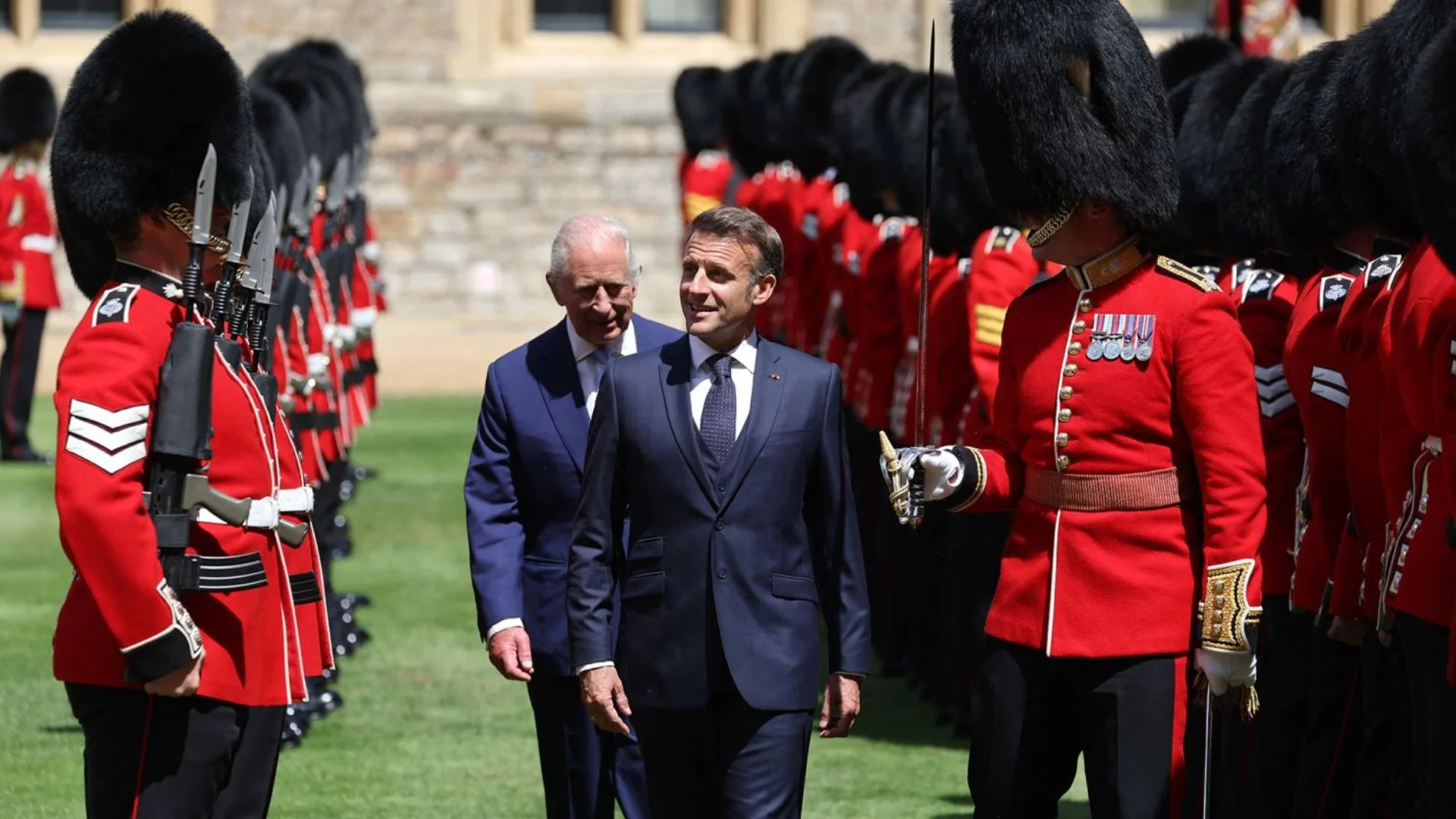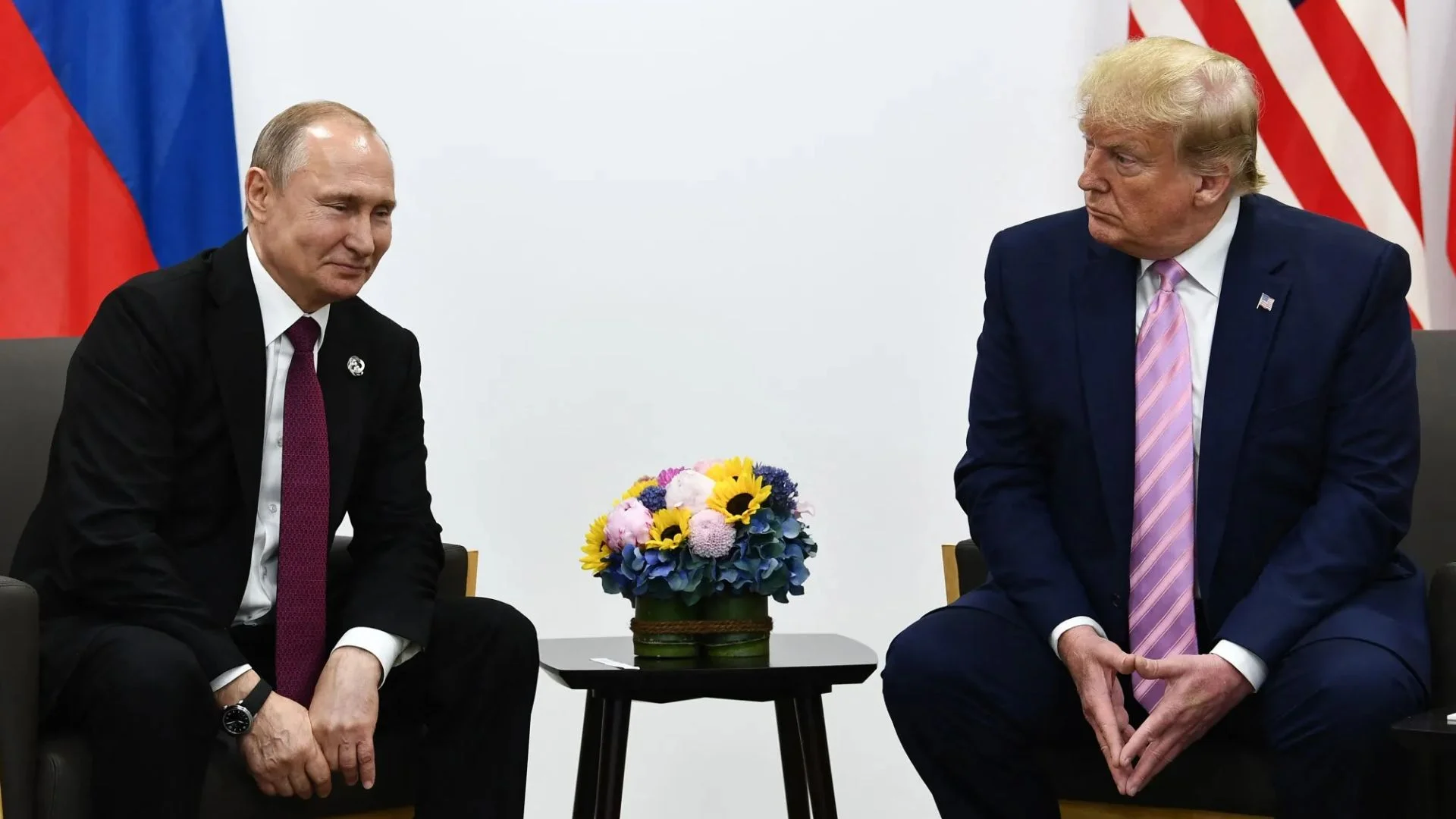Dutch intelligence officials have revealed evidence that Russia has extensively deployed prohibited chemical weapons in Ukraine. The Netherlands’ Defence Minister Ruben Brekelmans and the Dutch military intelligence chief say these include chocking agents deployed from drones to drive Ukrainian troops out of trenches and make them susceptible to gunfire.
“This is not a bit of ad-hoc messing around at the front line; this is absolutely part of a mass-scale program,” said Peter Reesink, head of the Dutch Military Intelligence Agency.
He pointed out that Russia’s activities include expanded research capability, recruitment of scientists for development of chemical weapons, and explicit orders by authorities to soldiers on deploying these poisonous weapons.
Reesink added, “If we don’t clarify and publicize what Russia is doing, it’s highly likely these trends will continue.” He described the use of such weapons by Russian forces as “almost standing operating procedure.”
Evidence of Intensified Use
Defence Minister Brekelmans, in an interview with Reuters, urged tighter actions against Moscow. “The main conclusion is that we can confirm Russia is upping its use of chemical weapons,” he said. “This increased use is worrying because it is part of a trend we’ve been seeing for several years now, where Russia’s use of chemical weapons in this conflict is becoming ever more normalized, standardized, and widespread.”
Russia has been using particularly chloropicrin, a World War I-choking agent originally used by Germany—specifically in improvised weapons, Dutch research says. “We directly connected the use of chloropicrin to improvised munitions, for example, light bulbs that are filled and empty bottles suspended beneath a drone. In the case of teargas, we observe that they are also abusing and repurposing available munitions to serve as the carrier for the gas,” Reesink said.
Sanctions and International Concerns
Brekelmans cautioned that Russia’s chemical weapons production poses a threat not only to Ukraine but to other nations as well. “We need to raise the pressure even more. That is, to consider more sanctions and particularly to exclude them from international organizations such as the Executive Council of the OPCW,” he urged. The Netherlands’ intelligence results are to be presented officially in the form of a letter to parliament.
Rotating seats on the OPCW council will be negotiated in the coming months. In the meantime, the European Commission is contemplating extra sanctions against 15 new groups and persons connected with suspected chemical weapons application in Ukraine.
Far-Reaching Impact and Casualties
A minimum of three Ukrainian deaths have been attributed to chemical attacks, with more than 2,500 people reporting symptoms associated with chemical exposure, as reported by Ukrainian health officials. Reesink also quoted Ukrainian estimates of perhaps 9,000 events corresponding to Dutch reports of ‘thousands of instances’ of chemical weapons use.
Wider International Responses
The United States initially accused Russia of using chloropicrin, a more dangerous substance than conventional riot control agents last May.
Ukraine says there have been thousands of such incidents. Russia’s defence ministry made no comment for the Reuters story, but Moscow has continually denied using prohibited weapons, responding with accusations that Ukraine has used them instead.
On Wednesday, Russian foreign ministry spokeswoman Maria Zakharova said that Russia’s security agencies discovered Ukrainian explosive devices with chloropicrin in the east. Ukraine has strongly denied these charges.
The Organisation for the Prohibition of Chemical Weapons (OPCW), which is responsible for ensuring compliance with the Chemical Weapons Convention, earlier characterized bilateral recriminations by both nations as “insufficiently substantiated.” No member state has so far launched a full probe.
Chloropicrin is listed by the OPCW as a banned choking agent. It can create strong irritation of the skin, eyes, and respiratory tract, as well as burns of the mouth and stomach, nausea, vomiting, and respiratory distress.

